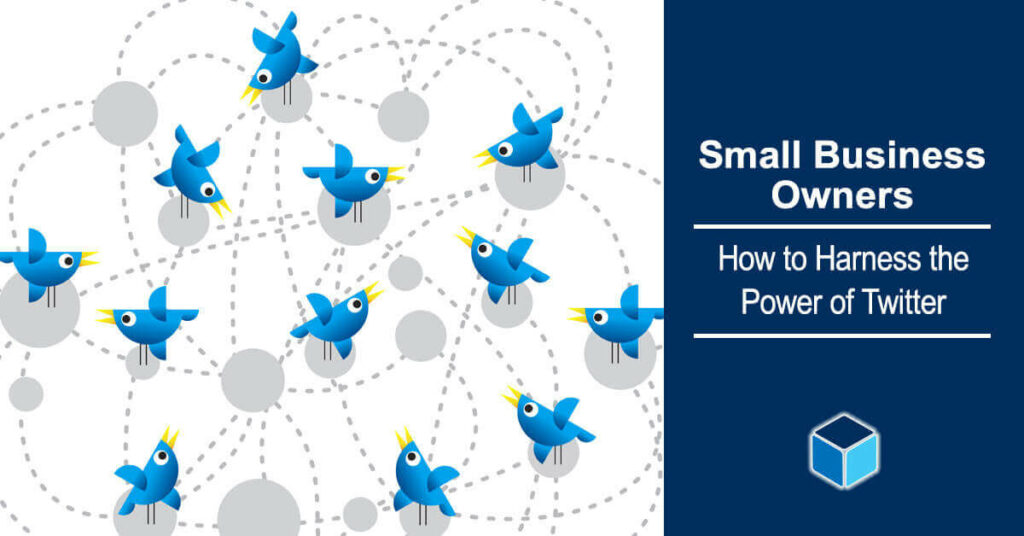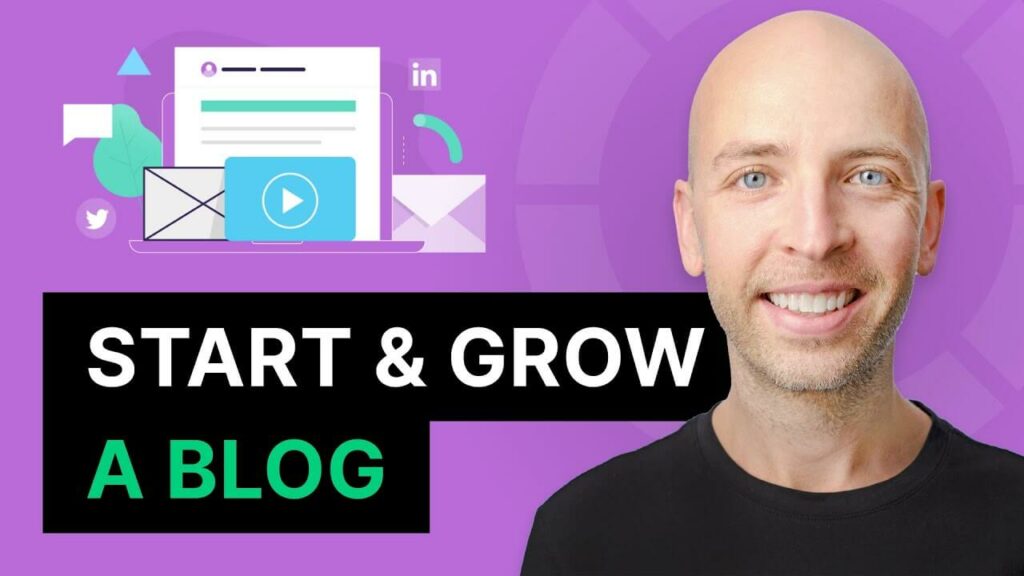The different types of influencers and how to work with them


As an influencer marketing expert and high-end copywriter, I understand the importance of working with influencers in today’s digital world. Influencer marketing has become a crucial aspect of any successful marketing strategy, and working with the right influencers can help businesses reach a wider audience, build brand awareness, and drive sales.
In this article, I will discuss the different types of influencers and how to work with them effectively. I will also provide some tips and best practices for ensuring that your influencer marketing campaigns are successful.
Types of Influencers
When it comes to influencer marketing, there are several different types of influencers to consider. Here are some of the most common types:
- Mega Influencers
Mega influencers are typically celebrities or high-profile individuals with a massive following on social media. They can have millions of followers on platforms like Instagram, Twitter, or Facebook. These influencers are often used by large brands with big budgets for endorsement deals, as their reach is enormous.
- Macro Influencers
Macro influencers have a large following but are not quite as well-known as mega influencers. They typically have between 100,000 and one million followers and are often seen as experts in their niche. These influencers can be more accessible to work with and may have more of a personal connection with their audience.
- Micro Influencers
Micro influencers have a smaller following, typically between 1,000 and 100,000 followers. They are often seen as more relatable and authentic than larger influencers, as their content tends to be more niche-specific. Working with micro-influencers can be an effective way to reach a highly engaged audience within a particular niche.
- Nano Influencers
Nano influencers are the smallest category of influencers, with typically fewer than 1,000 followers. These influencers are often everyday people with a passion for a particular topic or niche. They can be an effective way to reach a highly targeted audience, as they have a deep connection with their followers.
How to Work with Influencers
Once you have identified the type of influencer you want to work with, the next step is to develop a strategy for engaging with them. Here are some tips for working with influencers:
- Identify the Right Influencer
When selecting influencers to work with, it’s essential to ensure that their audience aligns with your brand. Look for influencers who share your values and are likely to be interested in your products or services.
Building a relationship with influencers takes time and effort. Follow them on social media, engage with their content, and reach out to them via email or direct message. Show genuine interest in their work and offer value where possible.
- Set Clear Expectations
When working with influencers, it’s essential to set clear expectations from the outset. Be upfront about what you want to achieve from the partnership, and ensure that the influencer understands your brand values and messaging.
- Collaborate on Content
Collaborating with influencers on content can be an effective way to create authentic and engaging content that resonates with their audience. Work with them to create content that aligns with your brand values and messaging.
- Measure Results
Measuring the success of your influencer marketing campaigns is critical. Use analytics tools to track engagement, reach, and conversions, and adjust your strategy as needed.
Conclusion
Working with influencers can be an effective way to reach a wider audience, build brand awareness, and drive sales. By understanding the different types of influencers and how to work with them effectively, businesses can develop successful influencer marketing campaigns that deliver real results.
Remember to identify the right influencer, build a relationship, set clear expectations, collaborate on content, and measure results. By following these tips and best practices, you can develop a successful influencer marketing strategy that drives






Responses